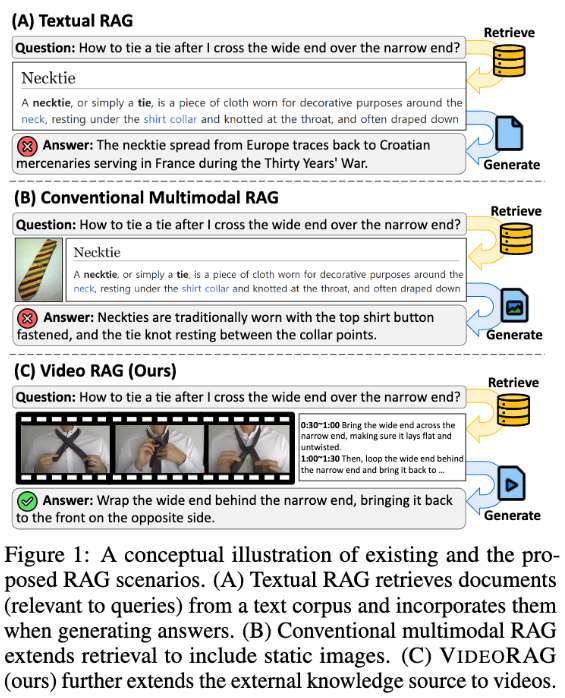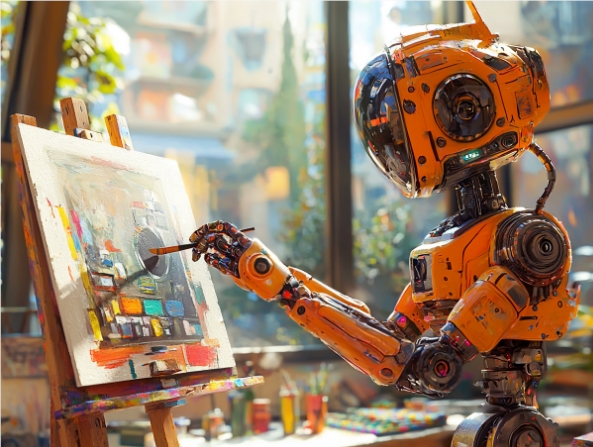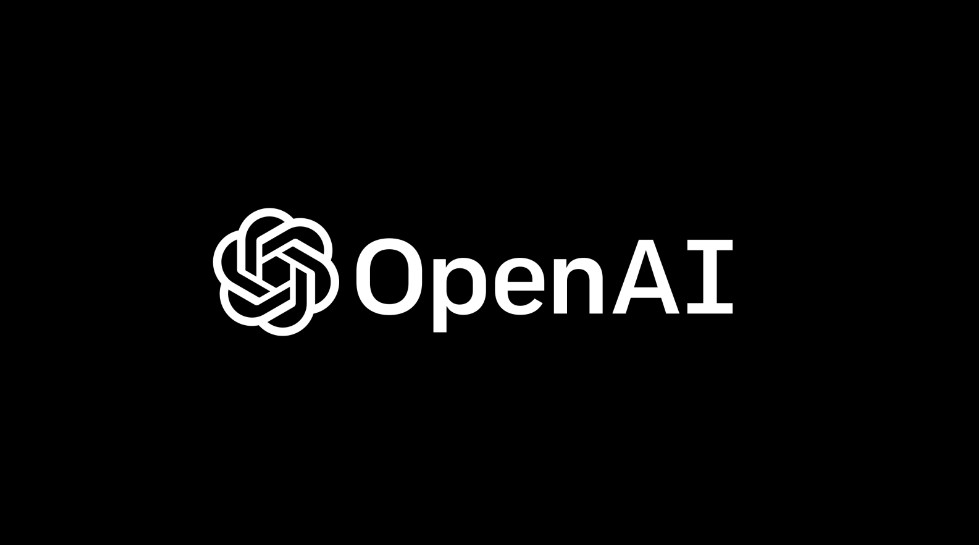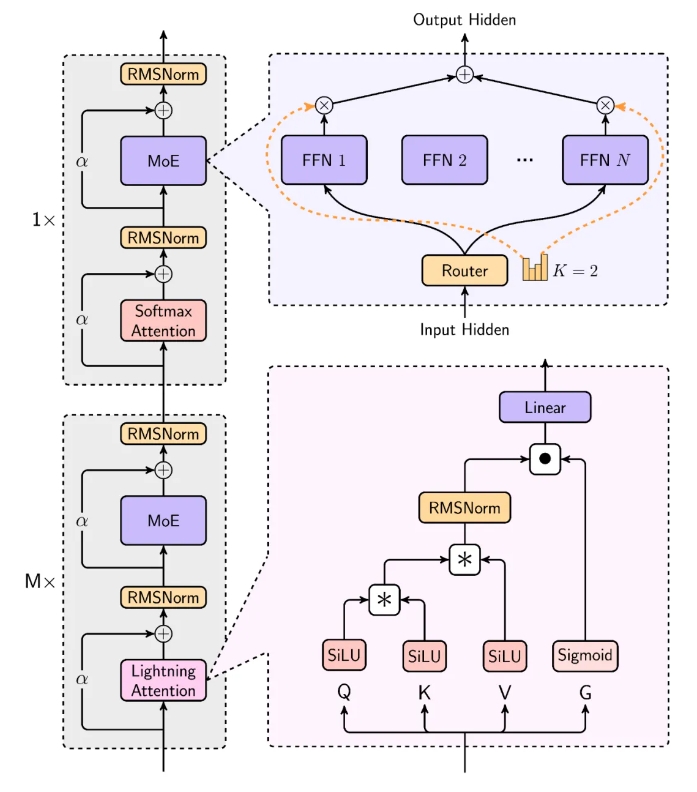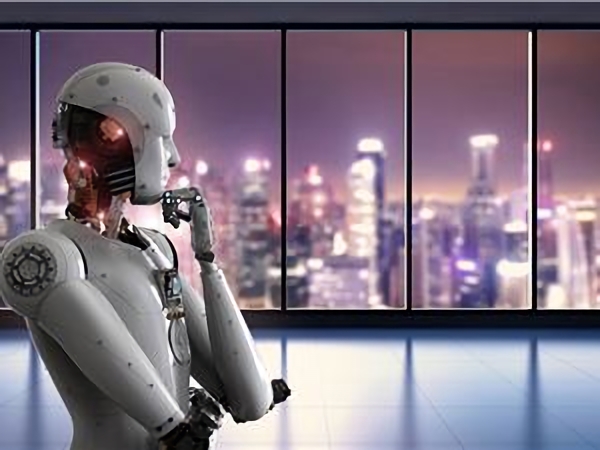OpenAI recently announced the launch of its robotics project to further explore the development of robotics technology. On January 11, Caitlin Kalinowski, director of OpenAI's hardware department, revealed on social media that OpenAI will start developing robots equipped with customized sensors and posted relevant recruitment information on its official website.
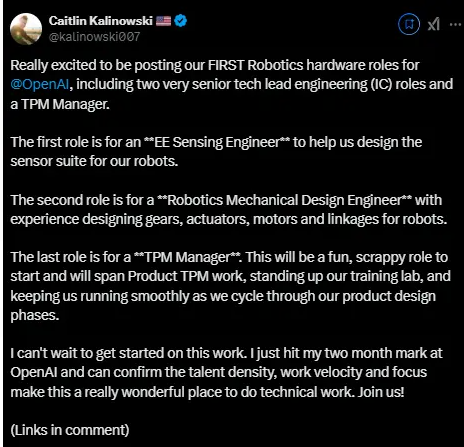
This recruitment covers three important positions: electronic perception engineer, robot mechanical design engineer and technical project manager. The main responsibility of the electronic perception engineer is to design and develop the robot's sensor system, with an annual salary ranging from 360,000 to 440,000 US dollars; while the robot mechanical design engineer is responsible for the design of the robot's core mechanical system, including gears and motors, with an annual salary of also 36,000 US dollars. to US$440,000; the technical project manager is responsible for the overall planning and coordination of the entire product development process, with an annual salary of US$340,000 to US$440,000.
OpenAI’s robotics team plans to focus on developing “universal,” “adaptive,” and “multifunctional” robots so that they can operate with human-like intelligence in dynamic and realistic environments. In order to achieve this goal, OpenAI will independently develop sensors and computing components and use its own AI models to drive them.
Although there is no clear answer regarding the form of OpenAI’s upcoming first robot, job postings hint that it may have limbs. In addition, there is speculation that OpenAI may develop humanoid robots, which usually simulate human shapes and behaviors. Although developing robotics projects is not OpenAI's top priority, the company remains committed to research in the field of robotics.
AI courses are suitable for people who are interested in artificial intelligence technology, including but not limited to students, engineers, data scientists, developers, and professionals in AI technology.
The course content ranges from basic to advanced. Beginners can choose basic courses and gradually go into more complex algorithms and applications.
Learning AI requires a certain mathematical foundation (such as linear algebra, probability theory, calculus, etc.), as well as programming knowledge (Python is the most commonly used programming language).
You will learn the core concepts and technologies in the fields of natural language processing, computer vision, data analysis, and master the use of AI tools and frameworks for practical development.
You can work as a data scientist, machine learning engineer, AI researcher, or apply AI technology to innovate in all walks of life.
